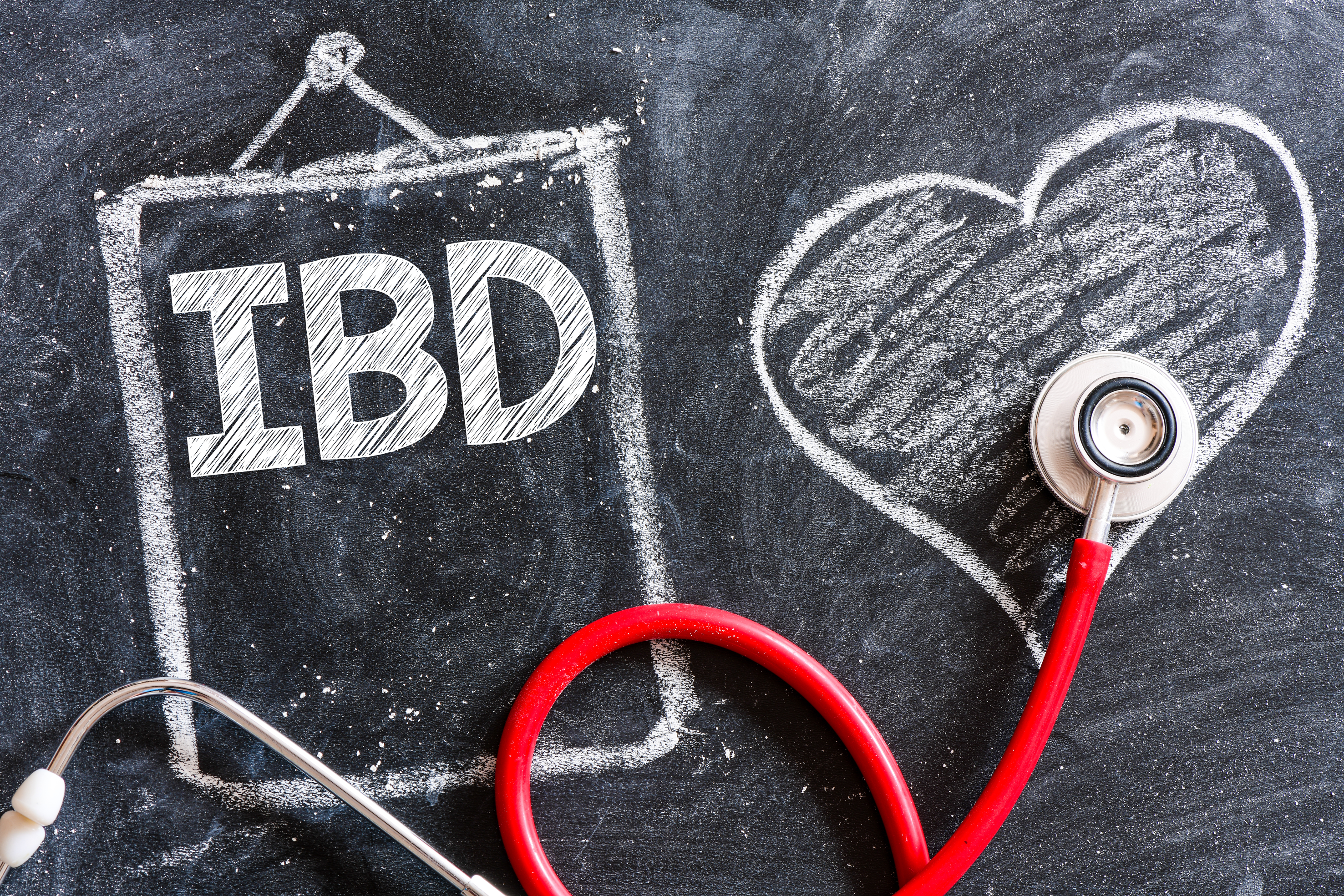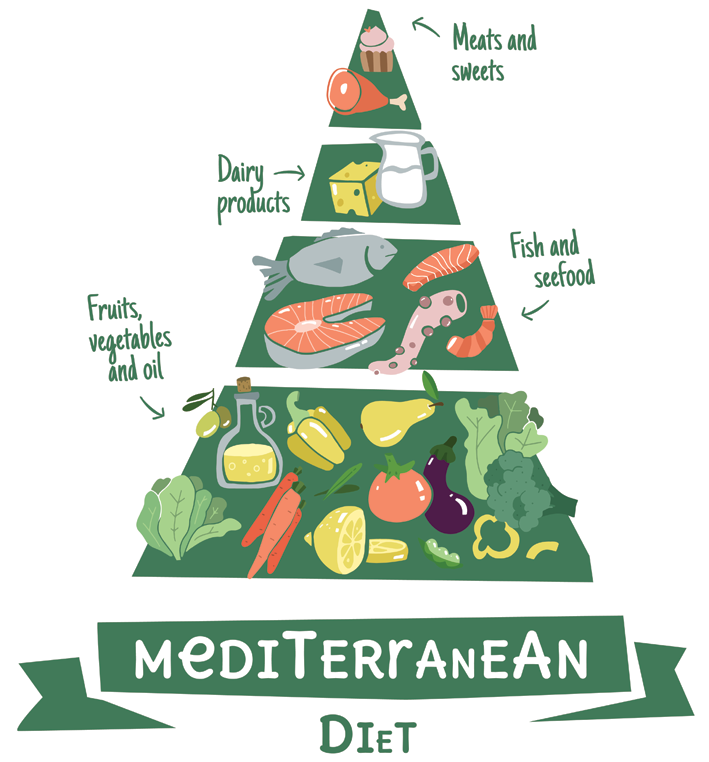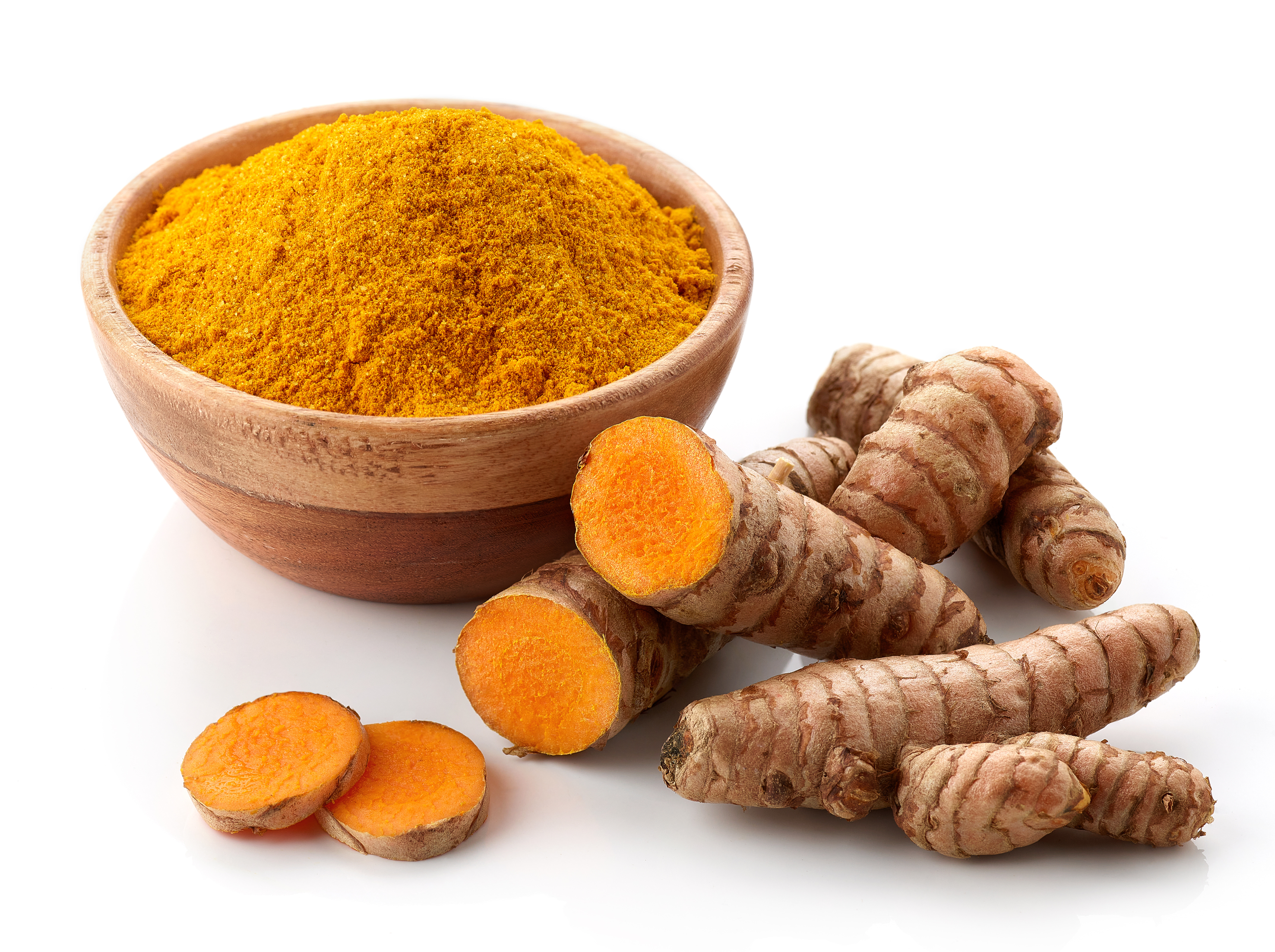
Nicholas Peat
23 April 2024
While there is no cure for Inflammatory bowel disease (IBD), managing symptoms can significantly improve your quality of life and help you get the condition under control. One area people with IBD often ask us about is diet. In particular, if there is a specific diet that is best for people with IBD. This article delves into various dietary approaches, discussing their potential benefits and limitations in managing IBD symptoms and overall wellbeing.
Why diet matters
Though not the cause of IBD, what you eat can significantly impact how you manage the condition. This is because your diet influences the delicate balance of bacteria in your gut, the gut microbiome. This microbiome, in turn, can play a role in inflammation, a key feature of IBD.
Additionally, certain foods can act as personal triggers, worsening symptoms like bloating, diarrhoea, and pain. Identifying and avoiding these individual triggers can be crucial for managing your daily life.
Finally, IBD can lead to nutritional deficiencies, making a balanced diet essential for overall health and recovery. Therefore, it's important to work with your healthcare professional to create a personalised dietary plan that addresses your specific needs and helps you manage your IBD effectively.

The latest evidence-based nutritional guidance
Delving into the world of diets for IBD can feel overwhelming. With a seemingly endless stream of conflicting information online and infinite options, it's easy to become lost in the maze of dietary advice. This abundance of choices, while offering hope, can also lead to confusion and frustration, making it difficult to know where to even begin. So, we're going to break down the most recent research for you to help you understand what may be beneficial for you.
A recent 2023 study explored the link between diet and Ulcerative Colitis (UC). Researchers looked at various diets and their impact on UC symptoms, inflammation, and overall wellbeing. Several diets showed potential in managing UC. Let's take a look at the most promising ones:
FODMAP-restricted diet
The FODMAP diet, short for "Fermentable Oligosaccharides, Disaccharides, Monosaccharides And Polyols," is a three-phased approach designed to manage symptoms of irritable bowel syndrome (IBS).
In the first phase, individuals eliminate high-FODMAP foods like certain fruits, vegetables, dairy products, and legumes, which are poorly absorbed by the gut and can trigger digestive discomfort. The second phase involves reintroducing these foods one by one to identify individual triggers.
Finally, the third phase involves maintaining a personalised diet that avoids identified triggers while incorporating a variety of low-FODMAP options for a balanced and sustainable approach. This approach is not a cure for IBS but can be a valuable tool in managing symptoms and improving overall wellbeing.
This study identified that when following the FODMAP diet, UC patients had reduced gut discomfort and bloating.

Mediterranean diet
The Mediterranean diet, inspired by the traditional eating habits of countries bordering the Mediterranean Sea, emphasises a balanced and sustainable approach to food. It prioritises fruits, vegetables, whole grains, legumes, and healthy fats like olive oil while limiting red meat, processed foods, and added sugars.
This dietary pattern has been linked to numerous health benefits, including improved heart health, better blood sugar control, and a reduced risk of cognitive decline. While not specifically designed for IBD, the Mediterranean diet's focus on whole, unprocessed foods, fibre, and healthy fats aligns with recommendations for managing IBD symptoms and may offer additional health advantages.
This study identified that people with UC had improved liver health, reduced disease activity, and enhanced quality of life when following the Mediterranean diet.
Anti-inflammatory diet
The anti-inflammatory diet (AID) prioritises foods rich in antioxidants and anti-inflammatory compounds, aiming to reduce chronic inflammation throughout the body. This dietary pattern emphasises fruits, vegetables, whole grains, and healthy fats like olive oil and fatty fish. Additionally, it encourages spices like turmeric and ginger, known for their anti-inflammatory properties. Processed foods, red meat, refined carbohydrates, and added sugars are limited, as they are believed to contribute to inflammation.
Research shows that people with IBD have an imbalance of gut bacteria, which can worsen inflammation. The AID diet aims to fix this imbalance by:
- Adding good bacteria: This includes eating fermented foods like yoghurt, kefir, kimchi, and sauerkraut, which contain live bacteria that benefit your gut.
- Feeding the good bacteria: The diet emphasises prebiotics, which are live food for good gut bacteria. Think of it like planting seeds and then giving them fertiliser to grow strong!
- Promoting good gut health: Soluble fibre is a key part of the AID diet. It helps create a healthy gut environment by increasing beneficial bacteria and improving stool consistency, leading to less inflammation and more regular bowel movements. Examples of foods rich in soluble fibre include steel-cut oats, which are encouraged in the diet.
The AID diet has different phases to help you reach your goal of managing your IBD. UMass Chan Medical School Centre for Applied Nutrition has done a lot of research into the AID for IBD. It has a whole range of information and food lists online about the process, which you can read here.
While not a cure for any specific condition, an anti-inflammatory diet may offer overall health benefits by potentially reducing inflammation linked to various health concerns, including IBD. However, it's crucial to note that following an anti-inflammatory diet should be done under the guidance of a healthcare professional to ensure it aligns with individual needs and doesn't lead to any nutrient deficiencies.
This study showed that when combined with Fecal Microbiota Transplantation (FMT), it showed better results than standard therapy in inducing and maintaining remission.

Plant-based diet
A plant-based diet, focusing primarily on fruits, vegetables, whole grains, legumes, nuts, and seeds, prioritises the consumption of plant-derived foods while minimising or excluding animal products. This dietary approach can offer various health benefits, including improved heart health, lower risk of type 2 diabetes, and weight management.
While not specifically designed for IBD management, some evidence suggests that a plant-based diet may be beneficial due to its high fibre content, association with a healthier gut microbiome, and potential for reducing inflammation, which may contribute to IBD symptoms.
However, it's important to ensure a plant-based diet is well-planned to include essential nutrients like vitamin B12 and iron, potentially requiring consultation with a healthcare professional or registered dietitian.
A plant-based diet was shown to be linked with lower relapse rates than conventional treatment.
Other diets in the study
Diets like 4-SURE, Low-Fat, High-Fiber, Improved Standard American, and Autoimmune Protocol also showed some promise, but more research is needed on these to identify long-term benefits.
The Specific Carbohydrate Diet (SCD) and its potential role in managing IBD
The Specific Carbohydrate Diet (SCD) is a dietary approach often explored by individuals with IBD, specifically UC. While research findings on its effectiveness are mixed, it may offer some potential benefits for managing symptoms:
- Reduced Gut Irritation: The SCD eliminates grains, certain fruits and vegetables, and some sugars, focusing on easily digestible carbohydrates. This may help reduce irritation in the inflamed gut lining, potentially alleviating symptoms like diarrhoea, cramping, and abdominal pain for some individuals.
- Improved Gut Microbiome: While the exact mechanisms remain unclear, the SCD may influence the gut microbiome by limiting fermentable carbohydrates that some bacteria thrive on. This potential shift in the gut environment could be beneficial for individuals with UC.
- Individualised Approach: Similar to other elimination diets, the SCD emphasises identifying individual food triggers. This can help UC patients understand which specific foods may worsen their symptoms and adjust their diet accordingly.
The Key Takeaway
Overall, research shows that dietary modifications, in conjunction with medical supervision, can improve the symptoms and lives of people with IBD. However, it's not a one-size-fits-all solution. Navigating dietary plans can be complex. That's why personalised support is crucial.
Uniquely Created U specialises in IBD care. Our team understands the nuances of the disease and how various dietary approaches can influence your wellbeing. We'll work closely with you to:
- Identify your unique triggers: Uncover specific foods that could be worsening your symptoms.
- Develop a tailored plan: Create an eating plan that aligns with your individual needs, preferences, and lifestyle.
- Provide ongoing support: Monitor your progress, adjust your diet, and empower you to take control of your health through food.
While dietary changes can be a powerful tool in managing IBD, it's important to remember that they're just one piece of the puzzle. A holistic approach that addresses stress management, regular exercise, and other lifestyle factors is crucial for optimal wellbeing. Working with a healthcare team that understands the multifaceted nature of IBD can help you create a comprehensive plan to empower you on your journey towards optimal health.

Don't let IBD dictate your life.
Contact Uniquely Created U today and let us create a personalised dietary path to improved health and wellbeing.
FAQ's: IBD diet
Can IBD be cured with diet?
No, there isn't currently a complete cure for IBD, but diet can play a supportive role. Certain foods may worsen symptoms, while others may help manage them. A healthcare professional can help create a personalised dietary plan for managing IBD.
What diet is best for IBD?
There isn't one single best diet for IBD. However, a general focus on easily digested foods, staying hydrated, and identifying trigger foods can help manage symptoms. A healthcare professional can help create a personalised plan for you.
What’s the difference between an IBS diet and an IBD diet?
IBS (irritable bowel syndrome) and IBD (inflammatory bowel disease) are digestive conditions that can cause similar symptoms, but they have different causes. An IBS diet focuses on managing symptoms by avoiding trigger foods, like FODMAPs, that can cause bloating and gas. An IBD diet aims to reduce inflammation and may include eliminating certain foods like dairy or fibre during flares. A doctor can help determine a personalised plan for you as no right diet that suits everyone.
